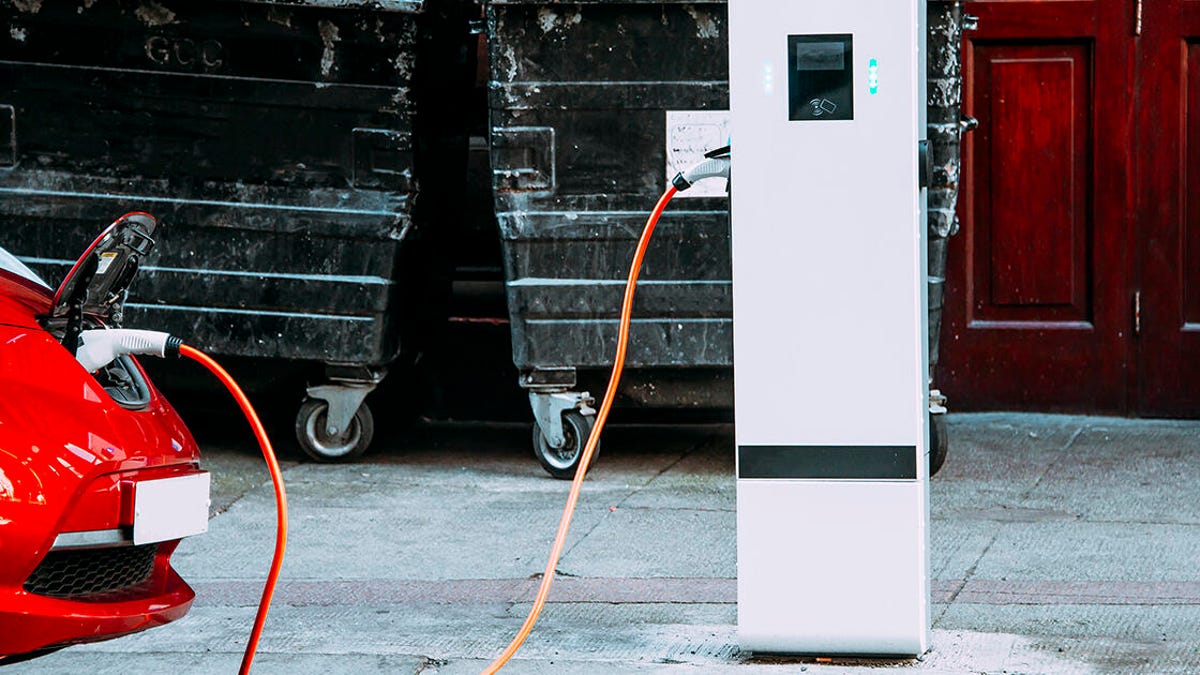Kyle
Beloved Misanthrope
Lithium shortages impact Tesla, other EV carmakers, numerous tech markets
The price of lithium has surged over the past year
Electric vehicles (EVs) have been growing in popularity amid climate initiatives to reduce carbon emissions, yet production is being hampered by a shortage of lithium, an essential element for making electric batteries.
The lithium shortage problem was highlighted at this year’s Austin Auto Show. Many of the electric vehicles on display, such as the Ford F-150, have thousands of orders already – despite not being out yet.
In a recent interview, lithium and mining expert Joe Lowry told Bloomberg that a gap will continue to grow between supply and demand over the next two years.

 www.foxbusiness.com
www.foxbusiness.com
The price of lithium has surged over the past year
Electric vehicles (EVs) have been growing in popularity amid climate initiatives to reduce carbon emissions, yet production is being hampered by a shortage of lithium, an essential element for making electric batteries.
The lithium shortage problem was highlighted at this year’s Austin Auto Show. Many of the electric vehicles on display, such as the Ford F-150, have thousands of orders already – despite not being out yet.
In a recent interview, lithium and mining expert Joe Lowry told Bloomberg that a gap will continue to grow between supply and demand over the next two years.

Lithium shortages impact Tesla, other EV carmakers, numerous tech markets
Electric vehicles (EVs) have been growing in popularity amid climate initiatives to reduce carbon emissions, yet production is being hampered by a shortage of lithium, an essential element for making electric batteries.




